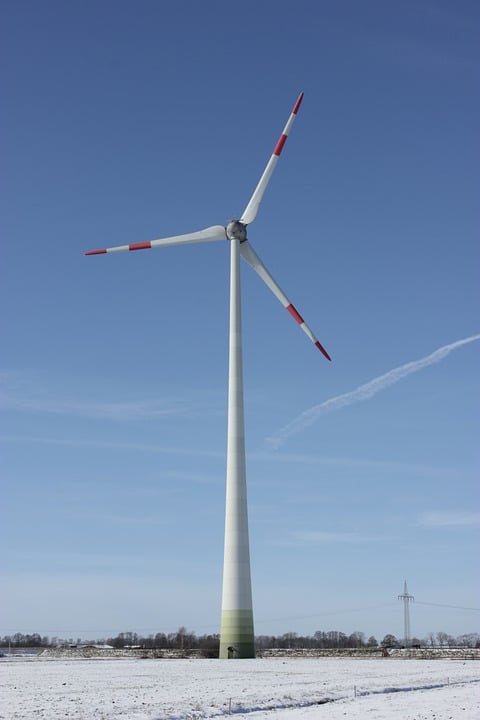Racing Against Time: Urgent Action Needed as Climate Change Accelerates
As the hands of the doomsday clock edge ever closer to midnight, the realities of climate change are becoming impossible to ignore. The evidence is irrefutable: climate change is accelerating, and the window for effective action is narrowing at an alarming rate. From unprecedented heatwaves and ruthless wildfires to devastating floods and the inexorable rise of sea levels, the impacts of a warming planet are both pervasive and escalating. The call to action has never been more urgent, and the challenges of this global crisis demand a concerted, immediate response from individuals, governments, and industry leaders alike.
The Acceleration Phenomenon
Scientific consensus indicates that human activities, particularly the burning of fossil fuels and deforestation, are the predominant forces driving climate change. Carbon dioxide levels have surged from pre-industrial levels of about 280 parts per million (ppm) to over 415 ppm today. Equally alarming is the rate at which these concentrations are increasing; the last decade alone has seen unprecedented spikes.*
This rapid acceleration can be attributed to a combination of factors. The feedback mechanisms within the climate system, such as the loss of polar ice which reduces the Earth’s albedo effect, or the release of methane from thawing permafrost, exacerbate the warming process. As these mechanisms intensify, they create a vicious cycle that propels climate change forward with increased momentum and impacts.
Real-World Implications
The consequences of accelerated climate change are multifaceted and far-reaching:
-
Extreme Weather Events: The frequency and severity of extreme weather events have risen dramatically. In 2023 alone, there were record-breaking heatwaves across Europe and Asia, with temperatures soaring past 40°C (104°F) in places unaccustomed to such heat. These events not only cause immediate health crises but also disrupt agriculture, energy supply, and water resources.*
-
Sea Level Rise: Melting ice caps and glaciers contribute to rising sea levels, which pose an existential threat to coastal communities worldwide. Low-lying regions, like Bangladesh and island nations in the Pacific, face the stark reality of displacement and loss of habitable land.*
- Biodiversity Loss: The accelerated pace of climate change affects ecosystems and the species that inhabit them. Coral reefs, often referred to as “the rainforests of the sea,” are dying at unprecedented rates due to bleaching caused by warmer ocean temperatures. The loss of biodiversity destabilizes ecosystems, impacting food security and the livelihoods of millions.
The Crucial Call to Action
Addressing climate change necessitates a multifaceted approach rooted in immediate, sustained action:
-
Decarbonization: Governments and industries must prioritize transitioning to renewable energy sources such as solar, wind, and hydropower. Policies that incentivize green technology investments and penalize carbon emissions are crucial. Net-zero emission targets must be not just aspirational but mandatory and rigorously enforced.
-
Conservation Efforts: Protecting and restoring forests, wetlands, and other natural carbon sinks are essential strategies. Reforestation projects and stringent anti-deforestation laws can help sequester carbon dioxide and preserve biodiversity.*
-
Technological Innovation: Investment in technologies that capture and store carbon dioxide, as well as innovations in sustainable agriculture and waste management, will play a significant role in mitigating climate change.
-
Global Cooperation: Climate change is a global issue that transcends borders. International agreements, like the Paris Accord, need robust commitment and cooperation from all nations, with support mechanisms for developing countries to leapfrog to green technologies.*
- Public Engagement and Education: Raising awareness and educating the public about the importance of sustainable practices can catalyze grassroots movements. Individual actions, from reducing meat consumption to using public transport, also make a significant collective impact.
Conclusion
The race against time to mitigate the impacts of climate change is a daunting challenge, yet it also presents an unparalleled opportunity for global unity and innovation. While the acceleration of climate change exacerbates its impacts, it also underscores the urgency with which we must act. The responsibility lies with every sector of society — from policymakers and business leaders to everyday citizens. By adopting and advocating for sustainable practices, embracing technological innovation, and fostering international cooperation, we can confront this crisis head-on. In this race, every second counts, and our collective action will determine the future of our planet.
*Sources:
- National Aeronautics and Space Administration (NASA). "Carbon Dioxide Concentration." https://climate.nasa.gov/vital-signs/carbon-dioxide/
- World Meteorological Organization (WMO). "State of the Global Climate 2022." https://public.wmo.int/en/our-mandate/climate/wmo-statement-state-of-global-climate
- Intergovernmental Panel on Climate Change (IPCC). "Climate Change 2022: Impacts, Adaptation and Vulnerability." https://www.ipcc.ch/report/ar6/wg2/
- National Oceanic and Atmospheric Administration (NOAA). "Sea Level Rise." https://oceanservice.noaa.gov/facts/sealevel.html
- United Nations Environment Programme (UNEP). "Biodiversity Loss and Climate Change." https://www.unep.org/resources/biodiversity-and-climate-change
